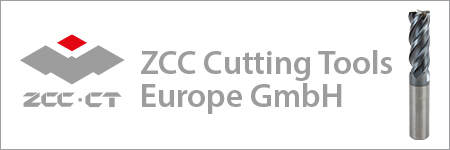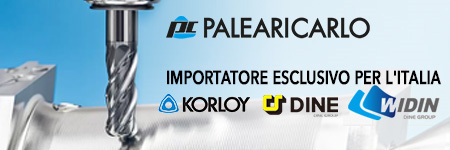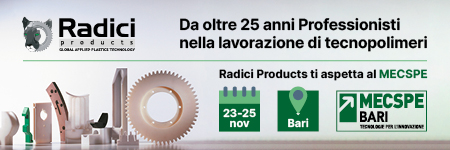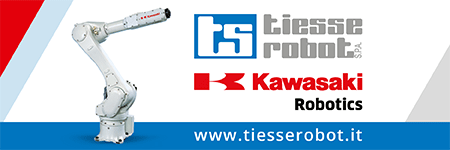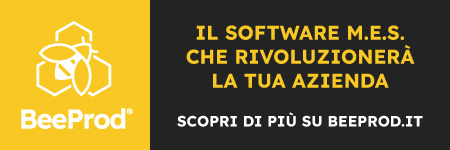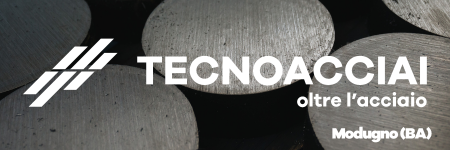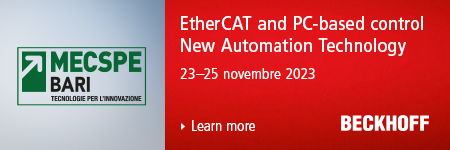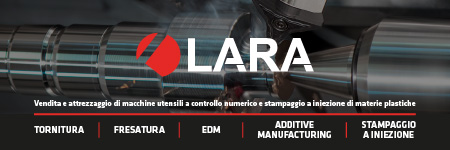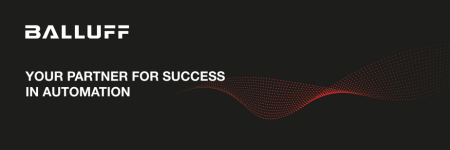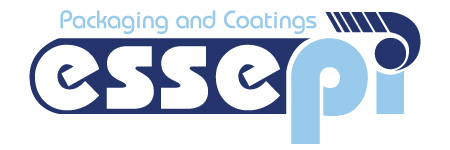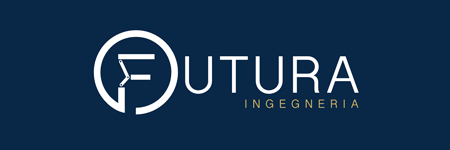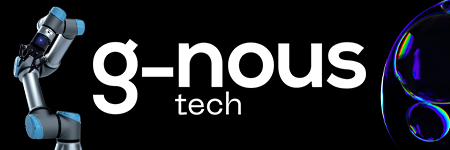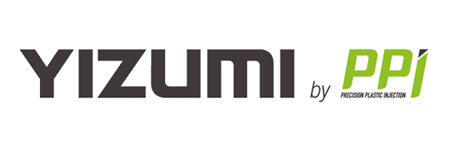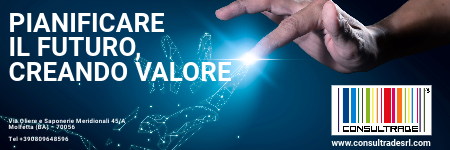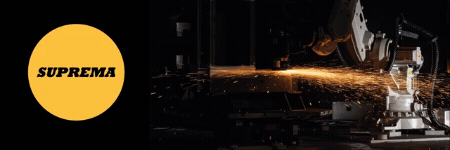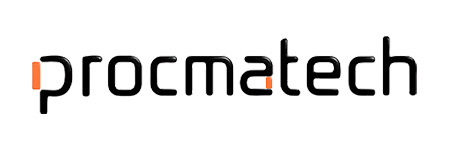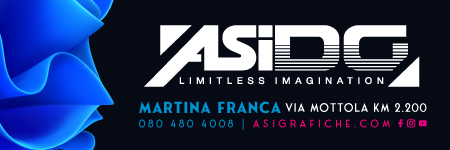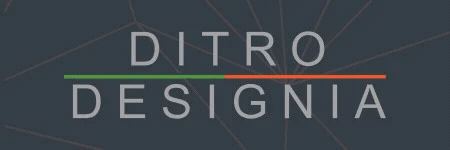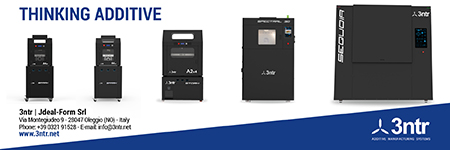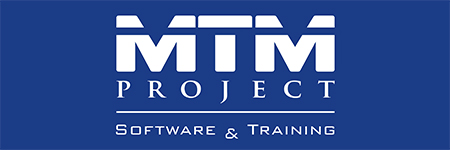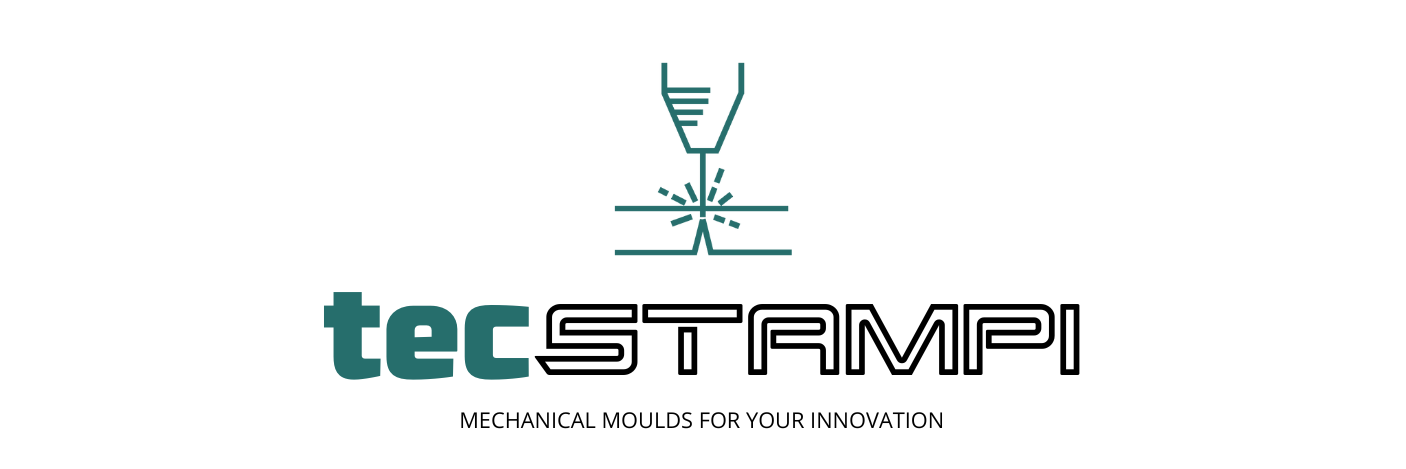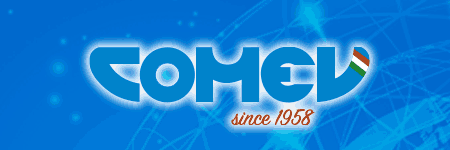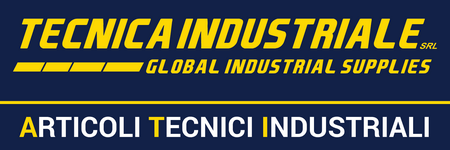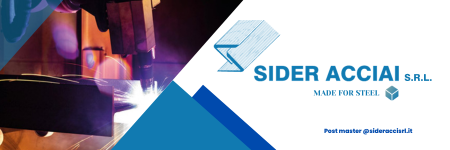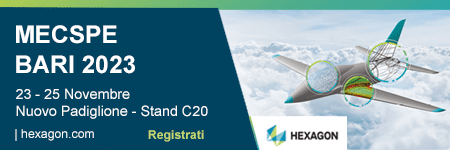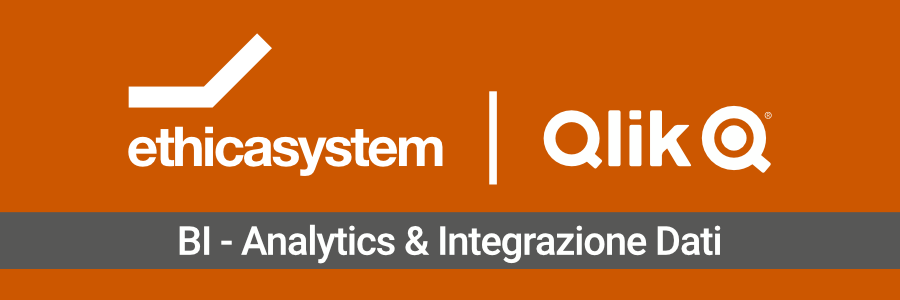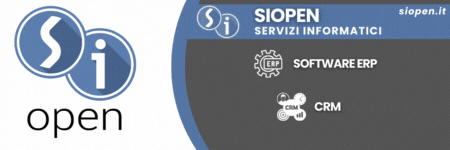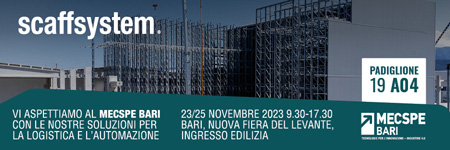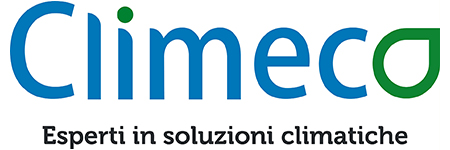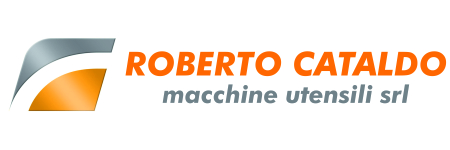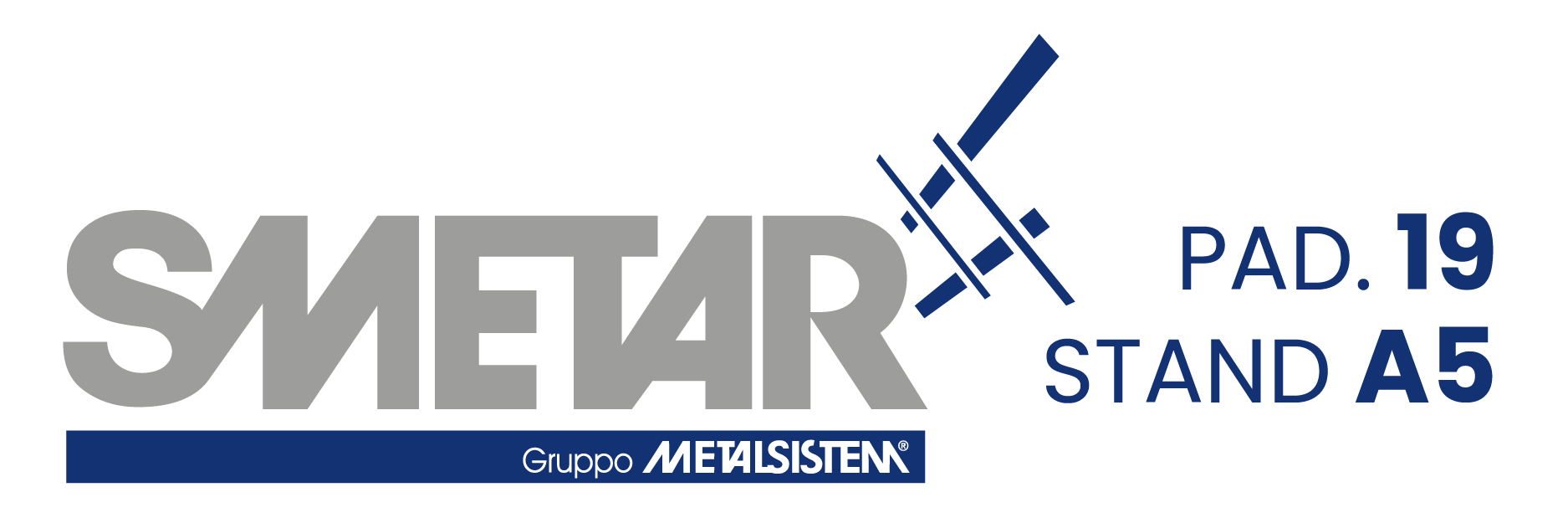Hall 20 - A12
MECSPE organize each years an EXHIBITION CORE of the event, a special initiative aimed at anticipating trends for the market and popularizing innovation content, through the realization of demonstration production chains, round tables, speeches and moments of comparisons, carried out with the collaboration of partners, exhibitors of the event and technical sponsors of the initiative.
The title of this edition of the Exhibition Core is: “ENERGY TRANSITION AND INDUSTRY 4.0: SUSTAINABILITY IN THE MANUFACTURING INDUSTRY”
Technology and market experts will illustrate the various challenges of the future and their impact on the environment, economy and social sphere, showing measures and solutions that companies can adopt, supported by best practices and successful case histories.
Technology and market experts will illustrate the challenges that mobility industry and companies will have to face in view of 2035, what will be the possible impact of sustainable mobility on the supply chain, what measures can be taken, all this supported by best practices and successful case histories.
Program
Cataphoresis as the more sustainable painting process
Cataphoresis is an environmentally friendly electrolytic painting process that gives metal components considerable resistance to corrosion. It is a coating of black epoxy resin that takes place following the immersion of the article to be treated in the tank containing the cataphoretic paint. The part is coated by exposing the component to be painted to a continuous current that causes the paint to coagulate on the component, which then has to be baked in an oven, where the paint reticulates until it hardens.
The trend in recent years has seen an increased focus by car manufacturers on choosing more environmentally friendly materials and treatments.
Products processed with this treatment will be exhibit in the area, for example:
All’interno dell’area saranno esposti prodotti lavorati con questo trattamento, tra cui:
- BULL BARS MOUNTED ON INVECO DEFENCE VEHICLES
- PILLARS FOR OUTFITTING VEHICLES
- SPRINGS FOR ABB INDUSTRIAL METERS
Why is cataphoresis greener than other treatments?
Cataphoresis can be considered a treatment with a low environmental impact, as the content of solvents used during processing is much lower than in other more traditional processes (2-3% solvents, unlike other processes that require up to 40%).
Since it is an immersion process, there is no atomisation of the paint, common in traditional spray painting, avoiding the effect of overspray, i.e. that part of the sprayed paint that does not settle on the surface to be painted, with the consequent dispersion into the atmosphere of the solvents present in it.
Another difference from other types of processing is the absence of the use of materials such as chromates and cyanides used to treat metals but which are carcinogenic to humans and the environment.
Cataphoresis is a treatment that has undergone continuous evolution over the years in terms of environmental impact. Among the objectives is the continuous reduction of heavy metals, albeit in the thousandth part, used in the formulation of some of the products in the process.
One example is the replacement of lead with tin in one of the products that formulate cataphoretic paint.
Another example is in the preparation of the surface of the component to be treated, the use of phosphoric acid instead of hydrochloric acid, which is very harmful to both man and the environment due to the formation of corrosive fumes even at low temperatures.
All these precautions reduce the health risk for employees working in companies that perform cataphoresis treatment.
And despite these precautions, the Ecofinish company decided to encapsulate the entire plant with panelling, equipping it with a special extraction system, thanks also to electronic doors that prevent personnel from entering while the plant is in operation.
Partner:
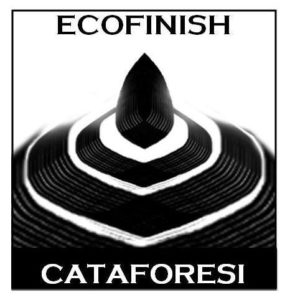
Dimensional metrology for industrial applications
Co-ordinate measuring machines, widely used in every industrial environment, allow such checks to be carried out quickly, accurately and reliably.
The Optiv M multi-sensor measuring machine will be on exhibit, which will carry out dimensional inspection of machined and moulded parts for the automotive sector, thanks to:
- Very high resolution CCD camera for 2D and 3D measurement of small and very small or delicate and flexible components;
- Tactile scanning sensor for contact measurement of prismatic or free-surface components;
- PC-DMIS measurement software for managing optical and tactile measurements in the same measurement session, programming based on CAD model.
The software and machine ensure the connection and exchange of data and programmes with external environments and applications for full compatibility with Industry 4.0 requirements.
It is also possible to automate the system with robotic part loading/unloading systems and integration into production systems.
Partner:
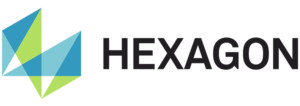
Sustainability pathway
Sustainability is an increasingly central topic in business strategies and is considered a top priority by 8 out of 10 SMEs. Embarking on a sustainability path, in its three declinations of environmental, social and governance, represents an essential choice to face the many global challenges and respond to market and stakeholder demands.
In the Project Hub 360 area, concrete cases of environmental impact assessment will be presented.
- ESG+C ASSESSMENTS: Best practice
During the event, a concrete case of Assessment will be presented between two exhibitors, partners of the area: PROJECT HUB 360 & ECOFINISH. Ecofinish will open the doors of its company to specialists from the Project Hub team who, through field and theoretical investigations, will assess the environmental impact of their cataphoresis processing, a surface treatment for metals.
Partner:

Smart production for more sustainable manufacturing: waste reduction and people empowerment through Industrial Data Analytics
In the era of Industry 4.0, manufacturing efficiency is not just a challenge to overcome, but is an opportunity to embrace. The use of Data should be seen as a valuable support of social and environmental sustainability.
Smart Fab‘s mission goes beyond simple process optimization: with their platform that combines automated augmented data discovery, advanced data analytics and action-based dashboards into Industrial Data Analytics solutions, they promote social and environmental sustainability within the manufacturing sector.
Through the Human in the Loop approach, solutions will be shown that provide operators, technicians, engineers and production managers with the ability to better understand production processes regardless of their own skills, fostering their involvement in business decisions and improved operations. This ensures effective collaboration between machine and human, where the former will be able to improve due to the worker’s domain knowledge, while the latter will be facilitated in his tasks and stimulated by the ability to critically interrogate the machine, feeling part of the solution.
In addition, it will be possible to understand how the SmartFab platform offers the ability to identify and step in areas of waste, helping to reduce the environmental impact of production.
The goal is to reduce waste and increase efficiency by at least 30% and 20%, respectively. This will lead to better resource utilization, lower emissions and reduced environmental impact. It will also enable companies to focus on managing the lifecycle of their machinery through predictive maintenance, helping to extend their lifespan and thus further reducing waste.
Partner:
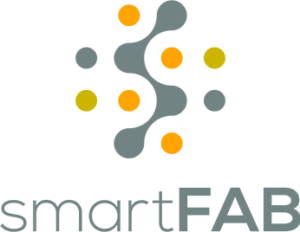
Solutions for higher process safety and sustainability in automated manufacturing
Produce faster, achieve higher quality, be productive for longer while conserving resources-these are the requirements of modern manufacturing. To achieve these goals, users expect more chips in less time from their machines with perfect machining results from the first part with reduced consumption and CO2 footprint.
HEIDENHAIN’s intelligent solutions open up further possibilities for maximum performance, process safety and cost efficiency. At MECSPE Bari 2023, within the Exhibition Heart are presented:
- The new TNC7 numerical control level with advanced features that ensure optimal motion control for greater accuracy, removal and reliability
- StateMonitor and Digital Factory software for interconnecting the shop floor, regardless of the machine manufacturer and CNC used, that dramatically improving process quality
- Next-generation linear and angle measuring systems with lower CO2 footprints
- Sensors and probing systems for reliable in-process measurements for the benefit of increased production time.
All these solutions help to limit the environmental impact of machines and make them more efficient in terms of performance and resource consumption, reduce downtime or idle time, and are, therefore, the most effective measures to contain energy demand on the shop floor.
Partner:
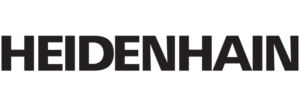
AREA SPEECH

Digitization in support of sustainability
How new digital technologies are revolutionizing the concept of OEE and Sustainability in industrial sector?
Concepts such as Right at First Time, Condition Monitoring and Predictive Maintenance are helping to make production more flexible, more efficient and optimize energy and raw material use, while increasing production capacity and final quality.
All this while putting the Human Being at the center of the processes, in a more user friendly, safe and sustainable ecosystem.
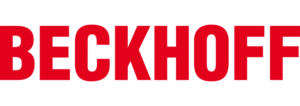
Innovative automation solutions for the automotive industry
The automotive industry is one of the most important industrial sectors. After years of internationalisation and global boom, the industry continues to face new challenges. Growing environmental awareness and demands for greater sustainability require a rethink, which is reflected, among other things, in intelligent mobility concepts. All this is accompanied by a technological change that confronts car manufacturers and suppliers with high cost pressure and constantly increasing demands on productivity and quality
PC-based control technology from Beckhoff is ideal for many complex processes in automotive production: from the control of presses and welding in body shop production to the manufacture of batteries and motors for electric vehicles. The integration of all control functions on a central PC platform ensures efficient interaction between all components and maximum productivity. The latency times that occur when different systems communicate are avoided. At the same time, PC-based control allows you to benefit from cost advantages by eliminating hardware and reducing installation and maintenance work. A wide range of interfaces and support for all common fieldbus systems and software protocols ensure consistent horizontal and vertical communication, from the networking of individual machines in the field through to IT-wide networking and the cloud. EtherCAT’s high level of compatibility ensures the simple integration of many different devices, even from third-party suppliers, into the control system. This allows for maximum flexibility in machine design.
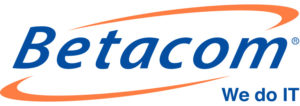
Innovative applications to SMEs’ production processes in Industry 5.0
“Innovative Applications to SME Production Processes in Industry 5.0” examines topics related to skills and technologies required to deal with the challenges of Industry 5.0 with a special focus on SMEs.
Through a sequence of case histories, it will discuss:
- Simplified, user-friendly and customised Human/Machine Interface for the user, through traditional but also new generation (VR) devices;
- The importance of data security, transmitted by standard encrypted protocols, with certification systems on the origin and immutability of the data;
- Human-friendly artificial intelligence, to help create more concise, understandable and essential data analysis (GPT AI);
- Flexible data representation, a single data format enabling interoperability between small and large companies.
In addition, the “Betacom Protocol” case history will be examined: how to ensure technology and process standards to identify IT solutions, projects and products that are Industry 5.0 compliant.
Moderator:
Michele Vanzi
Speakers:
Laura Taddei, AI Specialist – Betacom IT
Sandro Maffiodo, IoT & Cyber Security Specialist – Betacom IT
Guido Calliano, Responsabile Unit Manufactuiring – Betacom IT
Federico Monti, Blockchain Specialist – Notarify
